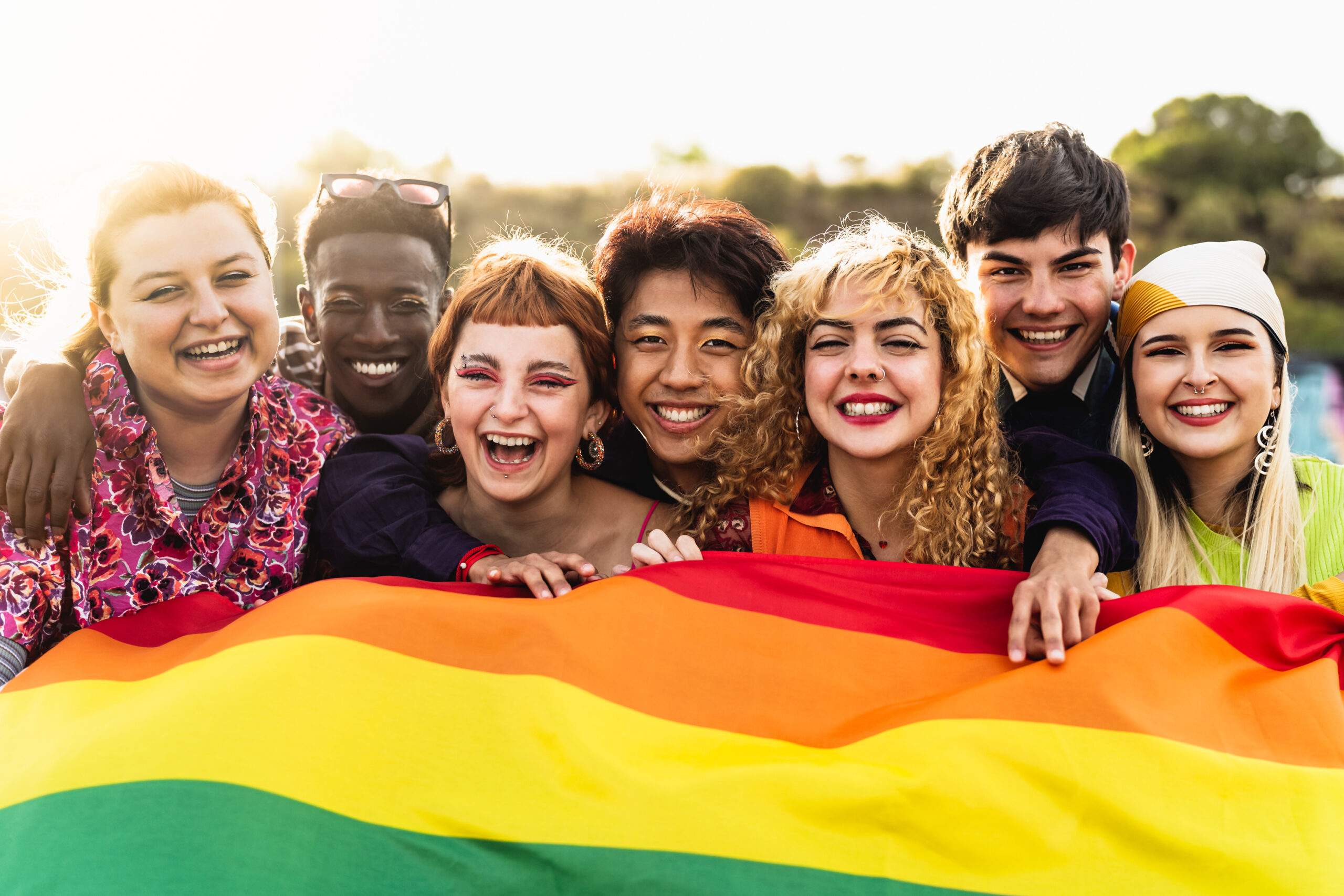Yes Means Yes: Rape Culture and Teaching Sexuality
*Trigger Warning*
Fuck the police.
When this phrase is used, I argue that it refers to “police” collectively, rather than each individual. Although some folks may curse and spit at every police officer they see, generally this phrase doesn’t target the individual but instead the system in place.
Much like when I say “I hate men.” I don’t actually mean that I hate every individual man. What I mean is that I hate that our society values and favors men over women. I hate the Patriarchy and how it socially conditions.
This past week, I finally got my hands on “Yes Means Yes!: Visions of Female Sexual Power and a World Without Rape,” a book edited by Jaclyn Friedman and Jessica Valenti that deconstructs the way our society views and treats rape and female sexual pleasure. Because the book is an anthology and made up of numerous perspectives, picking just one to discuss proved difficult, but one particular resonated with me this week: the sixteenth chapter by Brad Perry, “Hooking Up with Healthy Sexuality: The Lessons Boys Learn (And Don’t) About Sexuality, and Why A Sex-Positive Rape Prevention Paradigm Can Benefit Everyone Involved.”
In the chapter, Perry gives a personal account of his boyhood – specifically at age 13 – and the messages he received about sex and sexuality. He writes, “growing up in white-bread, middle-class, suburban Virginia, we no doubt received plenty of messages in our social environment casting sex with girls (and only girls) as a one-sided affair where the boy makes the moves and calls the shots.” From talking to one of his snot-nosed little friends’ hormone driven teenage older brother, Perry and his friends learned the following about sexual encounters with girls:
- It is possible that girls will actually want to do sexy things with you
- Getting girls to do stuff with you usually requires what he called a “loosening agent” – alcohol or marijuana
- The guy usually makes the first move
He goes on to write that because our society teaches us that sexual desire is weakness or deviant, we detach from it; and because we detach from it – seeing it as something to act upon or that acts upon us – we are shamed from embracing sexuality as an integral, positive part of ourselves and limited in our sexual expression. He connects this idea – which he calls the “objectification of sexuality” – to the socialization of boys in the United States, saying that boys learn that sexuality was to be characterized by action, control and achievement – boys learn that sexuality is tied to his ability to “play and win the get-some game.”
Let’s look at this concept in action. Does Steubenville High School sound familiar to you? In sum, a video was leaked by a group of hackers, “Knight Sec,” featuring players from Steubenville High’s Big Red football team making jokes about a girl who was passed out and being raped. You can check out the disturbing 12-minute video here, if you have the stomach. Just to give you a head’s up, one of the boys refers to the survivor as “deader than” Trayvon Martin, and adds, “she is so raped her p**s is about as dry as the sun right now.” Yeah…
This case has surprisingly gotten a lot of internet buzz, which is great. Celebrities have been spreading the word on Twitter and other social media sites.
Nathan Blansett, a high school sophomore from rural Georgia, wrote an impressive article on Huffington Post Teen about the Steubenville High School case and rape culture in America. He writes:
“When I learned people on Twitter were threatening the survivor, saying that she deserved to be raped and was a ‘whore,’ I realized something. When Candy Crowley and Poppy Harlow both expressed empathy and lamented how these boys had had such ‘promising’ futures on CNN, I realized something. We need to accept that we live in a culture that shames and tries to discredit rape survivors, that some of them “deserved it.” We need to accept that we live in a culture where rape has become a topic of humor. We need to accept that when we make excuses for rapists and for their actions, we are perpetuating the existence of a rape culture.”
Blansett is the same age as the boys from the “rape crew,” and yet he has a better understanding of how sick our society truly is than most of his seniors.
I cannot feel sympathy for an individual who sexually violates and degrades another human. I cannot feel sympathy for an individual who makes jokes about a rape survivor. I can acknowledge that we live in a society that allows and encourages such behavior, and that the way gender performance and (gendered) sexuality is taught must change if we have any hope of bringing about a post-rape culture.


